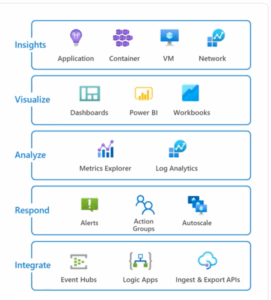 Technology is advancing rapidly, and with its advance comes new and useful ways to complete everyday tasks. In this post I’d like to talk about some of the benefits of replacing the paper- or desktop-based ways of an employee whose job is performed primarily in the field. (Home health workers or field service technicians, for example.)
Technology is advancing rapidly, and with its advance comes new and useful ways to complete everyday tasks. In this post I’d like to talk about some of the benefits of replacing the paper- or desktop-based ways of an employee whose job is performed primarily in the field. (Home health workers or field service technicians, for example.)
Quality custom software that’s designed to meet the specific needs of a business is easy to adapt and should have minimal adoption time and training costs. Workflows that are built according to an employee’s ideal task flow should encourage thorough service calls and better communication flow in all directions.
As an employee who may have to make several service trips per day, mobility is essential. Paper can be completely eliminated, pictures no longer lost or need to be transferred by media card, forms can be filled out by simply speaking into a microphone and tapping on some check boxes. Signatures can be captured easily just by swiping a finger on a screen, bar codes can be read and captured. The possibilities for becoming more productive are expanding each day.
As an employer you may need help tracking calls and following up, getting correct notes or even routing employees to the best location. Mobile software can be used to select the best route for a technician based on their current proximity (to see this in action view our mobile case worker demo here). This can be extended, if needed, based on the technician’s skill set or familiarity with a patient. You can view employees’ notes, pictures and forms instantly and even set up rules for reminders or alerts.
[pullquote]A large portion of tomorrow’s workforce will not only be comfortable with mobile technology, but will expect it when sizing up a job offer.[/pullquote]A major factor in the future of the mobile worker is age. It is no secret that our youth are keen on adapting to new technology quickly, and there is even evidence that today’s up and coming employees are being groomed to use technology early on in life. The U.S. population is roughly 50% under the age 25, which means a large portion of tomorrow’s workforce will not only be comfortable with mobile technology, but will expect it when sizing up a job offer.
In short, companies that strive to innovate and continuously improve will have an upper hand in the future of the mobile worker. Many of the everyday tasks that a mobile worker completes today can be improved by taking advantage of mobile devices. Custom software is becoming more and more affordable and the benefits are stacking up.






